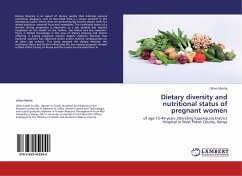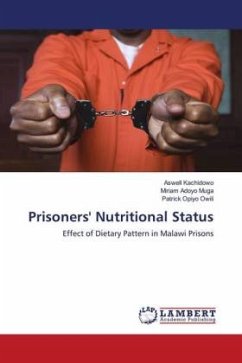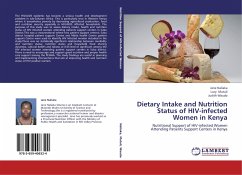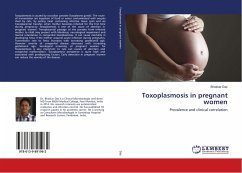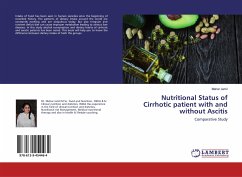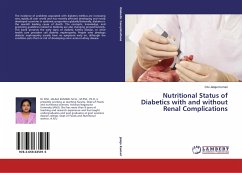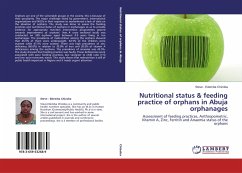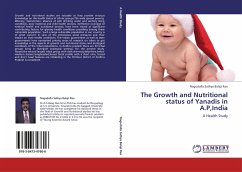Dietary diversity is an aspect of dietary quality that indicates general nutritional adequacy. Lack of diversified diets is a severe problem in the developing world, where diets are predominantly starchy staples with few animal products, seasonal fruits and vegetables. The nutritional status of a woman during pregnancy is important as a sub optimal diet impacts negatively on the health of the mother, the foetus and the newborn. There is limited knowledge in the area of dietary diversity and factors affecting it among pregnant women despite evidence showing that maternal nutrition has important direct and/or indirect consequences for all other age cohorts. This study assessed the dietary diversity, the nutritional status and factors influencing the two among pregnant women in West Pokot County of Kenya and the results are discussed here in.

